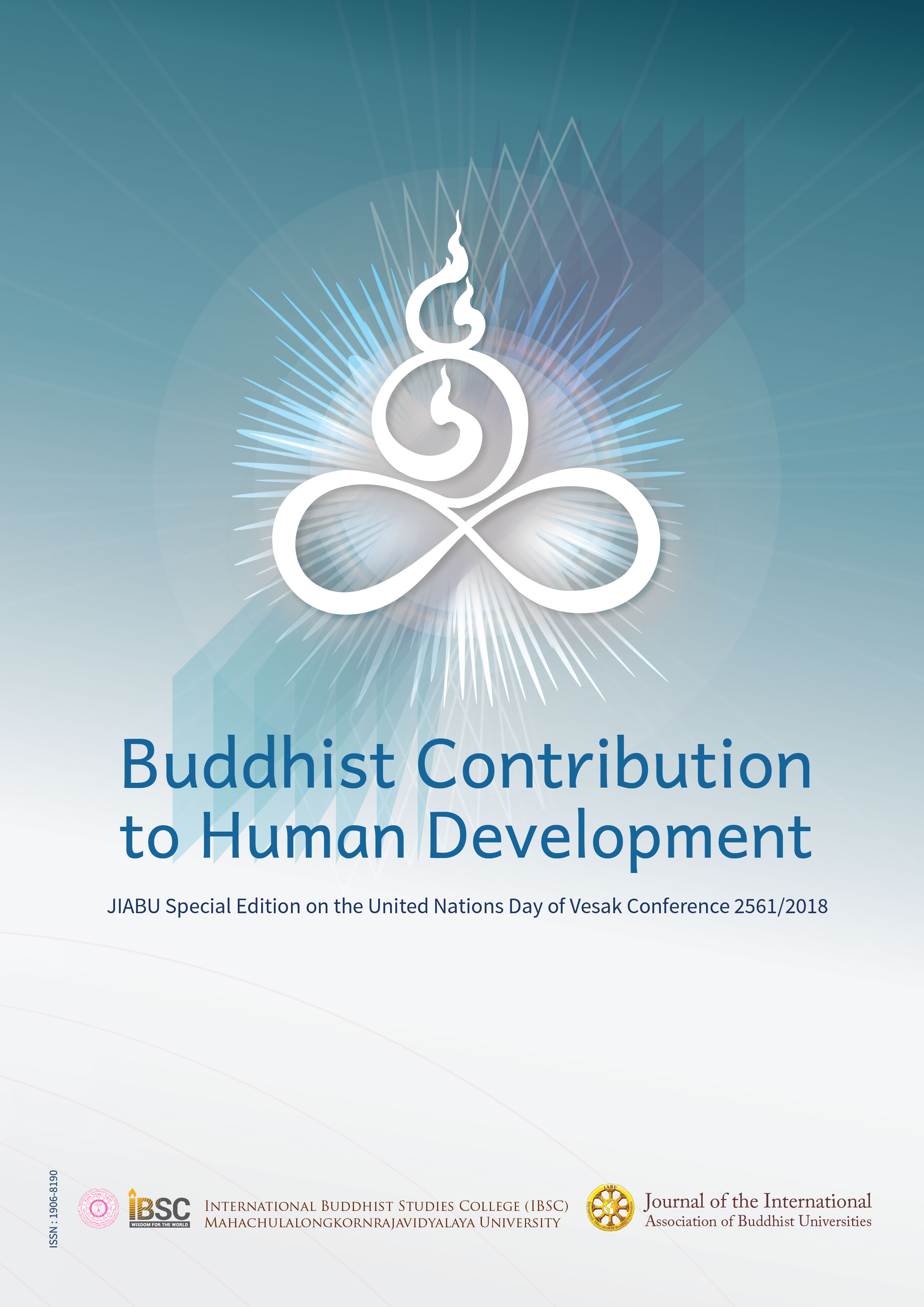Cultural Identity and Buddhism in Japan
##plugins.themes.bootstrap3.article.main##
摘要
Cultural identity seems to be very much individual, subjective, vague and fl uid
although collective identity in a group is also referred to as cultural identity. Japanese people
had to have a religious identity as Buddhists in the Edo period because everyone was affiliated
with a Buddhist monastery. Although it is almost impossible to preserve religious identity in the
process of modernization, it is necessary for Japanese Buddhism to provide with satisfactory
supply of religious supports. I would like to look into the history of Buddhism in Japan to
find out why Buddhism does not meet the religious demand from Japanese people. In this
presentation, I will talk about the characteristics of Japanese cultural identity with regard to
religions, especially Buddhism.
##plugins.themes.bootstrap3.article.details##
Views and opinions expressed in the articles published by The Journal of the International Association of Buddhist Universities (JIABU), are of responsibility by such authors but not the editors and do not necessarily reflect those of the editors.
参考
Gundlach Erich, 2012 ‘Religiosity as a determinant of happiness’ GIGA Working Paper,
No 163.
Hall, Stuart, 1990 ‘Cultural identity and diaspora’ in Jonathan Rutherford (ed.) community,
culture, difference, London: Lawrence & Wishart.
Lustig, Myron W., and Jolene Koester 2010 Intercultural Competence: Interpersonal
Communication across Cultures (6th ed.), Boston: Allyn & Bacon.


